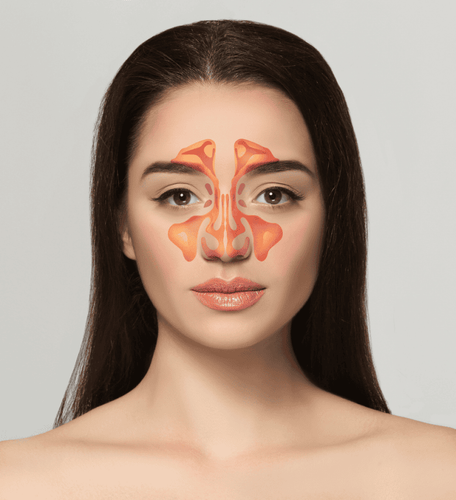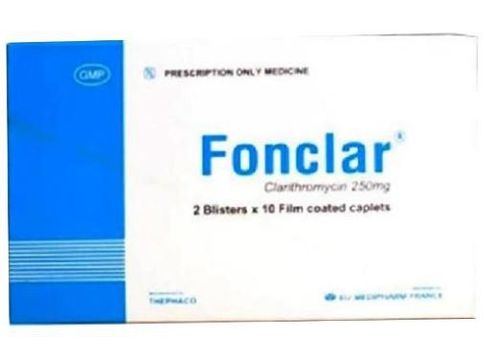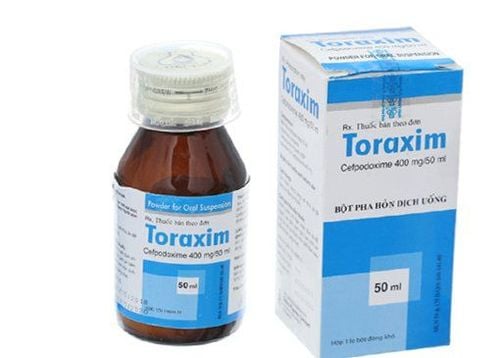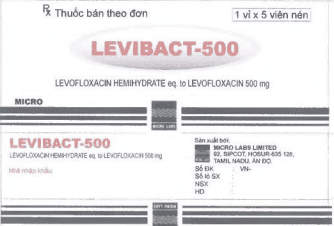Maxillary sinusitis is a common condition nowdays, occurring when the surrounding environment changes. Whether it is acute or chronic maxillary sinusitis, diagnosis and treatment are essential to prevent serious complications for the body.
1. What is the maxillary sinusitis?
In the body, the sinus system includes the ethmoid, maxillary, frontal, and sphenoid sinuses. Maxillary sinuses are located in cavities near the eyes and cheeks on both sides, lined with a mucous membrane. When this mucous membrane becomes inflamed or swollen, it results in maxillary sinusitis, which is one of the most common forms of sinusitis nowdays. There are two types of maxillary sinusitis that patients may suffer with:
- Acute maxillary sinusitis
Acute maxillary sinusitis causes symptoms such as headache and facial pain, which may radiate to the eye sockets or temples. The pain is sharp, more severe in the morning and midday, and subsides in the evening. It worsens when the patient bends forward, leans down, runs, or makes sudden movements. Pressing on the eyes or the maxillary teeth can also causes discomfortable. Patients often experience a runny nose, with nasal discharge initially watery but thickens over time, turning yellowish, possibly with pus and an unpleasant smell, High fever,... If the symptoms of acute maxillary sinusitis persist for over 6 weeks, the condition progresses to chronic maxillary sinusitis.
- Chronic maxillary sinusitis
Chronic maxillary sinusitis often does not have characteristic symptoms like acute maxillary sinusitis. Patients may experience excessive nasal discharge, nasal congestion, and green-colored nasal secretions. Especially, in cases of maxillary sinusitis caused by dental issues, pus discharged from the nose and mouth often has an unpleasant smell. Patients may also experience dull or severe pain in the facial area, particularly around the cheeks. Chronic maxillary sinusitis can lead to complications such as orbital cellulitis, osteomyelitis, meningitis, or brain abscesses
Causes of maxillary sinusitis:
- Prolonged allergic rhinitis.
- Anatomical deviation of the nasal septum.
- Dental or oral diseases.
- Trauma from accidents or post-surgical consequences.
- Bacterial invasion from the external environment.
High-risk groups for maxillary sinusitis:
- Patients with untreated or inadequately treated dental caries or oral infections.
- Individuals who had tooth extractions or oral surgeries, particularly if injuries or foreign objects entered the maxillary sinus during the procedure.
- People with a history of internal medical conditions, such as allergic rhinitis, or a past history of sinusitis that was not thoroughly treated.
- Individuals with certain deformities in the maxillary sinus structure, either congenital or resulting from surgical alterations.
- If acute or purulent maxillary sinusitis is not identified early and treated timely, it may result in dangerous complications, including:
- Inflammation of multiple sinuses, such as frontal sinusitis,...
- Throat or larynx inflammation (pharyngitis or laryngitis) caused by mucus or pus draining into the throat.
- Optic nerve inflammation or worsening sinusitis in cases of chronic maxillary sinusitis

2. Treatment of maxillary sinusitis
After confirming the diagnosis of maxillary sinusitis through clinical examination and additional tests such as sinus endoscopy, sinus X-rays, doctors can provide an appropriate treatment plan for the patient.
Maxillary sinusitis’s treatment can be used is medical treatment. Patients are prescribed antibiotics suited to the cause of the sinusitis, combined with pain relievers, anti-allergy medications, and decongestants,...
If the patient does not respond to these medications, the Proetz method may be used. This technique involves draining the sinuses using negative pressure to remove pus and fluid buildup while introducing medication into the sinus cavities. Surgical interventions such as nasal polyp removal or septoplasty may also be necessary in some cases. Patients with maxillary sinusitis caused by dental conditions are treated the underlying cause, such as tooth decay or other dental issues.
For acute maxillary sinusitis, medical treatment is essential, including vasoconstrictors for nasal congestion and menthol inhalation for nasal relief. Chronic maxillary sinusitis requires antibiotics, the Proetz method for pus removal, and a combination of medical and surgical treatments as needed.

3. Which food should be eaten by maxillary sinusitis patients?
To ensure the effectiveness of maxillary sinusitis treatment, in addition to taking medications as prescribed by the doctor, patients need to maintain a scientific diet, a healthy routine of exercise, rest, work, and study. There are some following advice that can help patients lead a healthier life:
- Avoid overly spicy or hot foods, as these can cause gastroesophageal reflux disease, a common cause. This condition may also lead to ear, nose, and throat issues.
- Do not eat foods that may trigger allergic reactions in the body.
- Avoid beverages and stimulants such as soft drinks, beer, alcohol, cigarettes, and coffee, as these can also contribute to gastroesophageal reflux disease.
- Limit the intake of milk and dairy products, as these can increase mucus secretion, reducing nasal airflow and ventilation.
- Do not use foods or drinks that are excessively cold or hot, as they may irritate the mucous membranes of the mouth and respiratory tract.
To minimize the impact of maxillary sinusitis and the dangerous complications it may cause, it is essential to maintain a healthy lifestyle and a balanced diet and rest schedule. If abnormal symptoms appear, seek medical attention promptly to prevent acute maxillary sinusitis from progressing into chronic maxillary sinusitis.
Dr. Nguyen Van Thai, MD, PhD, is a former Specialist in Otolaryngologist at the Ear-Nose Department, Hue Central Hospital, with over 17 years of experience, particularly in head and neck surgery. Currently, he serves as an Ear-Nose-Throat Specialist at the Multispecialty Outpatient Clinic for Consultation and Internal Medicine at Vinmec Danang International Hospital.
Vinmec International Hospital is among the leading hospitals, ensuring top-notch professional quality with a team of highly skilled doctors, modern equipment, and advanced technologies. The hospital stands out for its comprehensive and professional medical consultation, treatment services, and a civilized, courteous, safe, and sterile environment for medical examination and treatment
Please dial HOTLINE for more information or register for an appointment HERE. Download MyVinmec app to make appointments faster and to manage your bookings easily.














